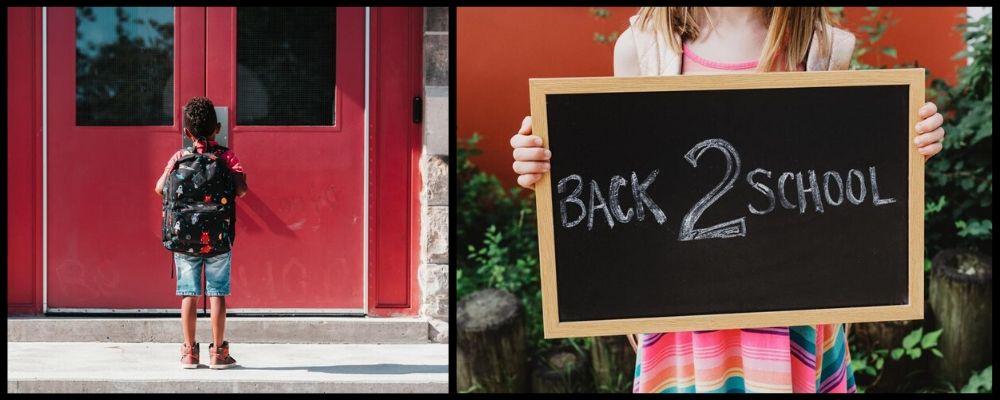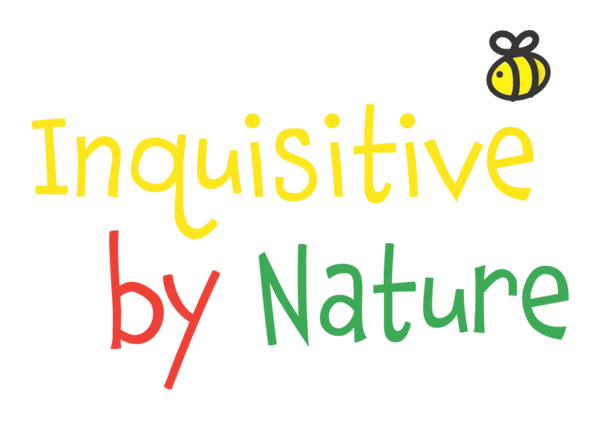
As the holidays near end … childhood anxiety creeps in
Share
Imagine being 6 years old. The day you’ve been waiting for, for what seems like an eternity has been and gone. It was special, it was really special. You spent so much time with your family. Not just those you see every day, but also the ones you can hardly remember ever meeting before. And they were all so happy to see you. Everyone smiled. Everyone laughed. The food was delicious, and Mum and Dad didn’t even seem too worried about how much veges you ate at dinner time. You stayed up late with your brothers and sisters.
Lately, you’ve spent some long days playing outside in the sunshine. Creating memories and exploring the world around you. Stopping only briefly to eat and you’re off again. Nothing holding you back and nowhere specific to be. No one was in such a hurry to get ready, get out the door, get to school or work.
So, the joy of the Christmas season is coming to an end. Even at only 6 years old, you knew this day would come, but it had always seemed so far away. Not even worth spending a moment thinking about. Now its nearly here. You’re aware of the impeding uncertainty that comes with starting a new year at school, a new classroom, a new teacher, new expectations of you. A sensitive and nervous wee soul, the thought of the unknown starts to prickle under your skin.
As adults, for the most part we’ve become relatively adept at dealing with change, but how about our special little people? How can we help them deal with change and more specifically, how to cope with the unknown that a new year at school and new expectations bring?
Here are some common coping strategies to try
- Set time aside to talk about how they are feeling. Putting aside all distractions and spending some time rationalising and discussing the reasons for the anxious feelings.
- Remind them of the strengths they possess that can help them deal with these anxious feelings – says Emma Woodward, Child Psychologist.
- Doing some deep breathing/grounding exercises. Encourage your child to lay still, close their eyes and spend a moment listening to the sounds around them. Listening to their own breathing and taking deep slow breaths.
- Find ways to help your child ‘take charge’ of the things they are feeling anxious about. If they are nervous about making new friends, perhaps you can brainstorm some ideas of things they could talk about with new classmates. If they are worried about the morning arrival routine at school, maybe you can make a checklist together and be there to start with while they are working through it.
- Think about how you, as a parent, could be projecting any fears and anxiety onto your child. Children often learn by observing and copying.
Some links to find out more:
https://www.kidshealth.org.nz/anxiety
https://www.noted.co.nz/health/health-psychology/expert-advice-on-how-to-help-anxious-teenagers
For help or questions about more serious or ongoing anxiety, you should definitely consult your child’s GP, healthline or plunket nurse for younger kiddies.
